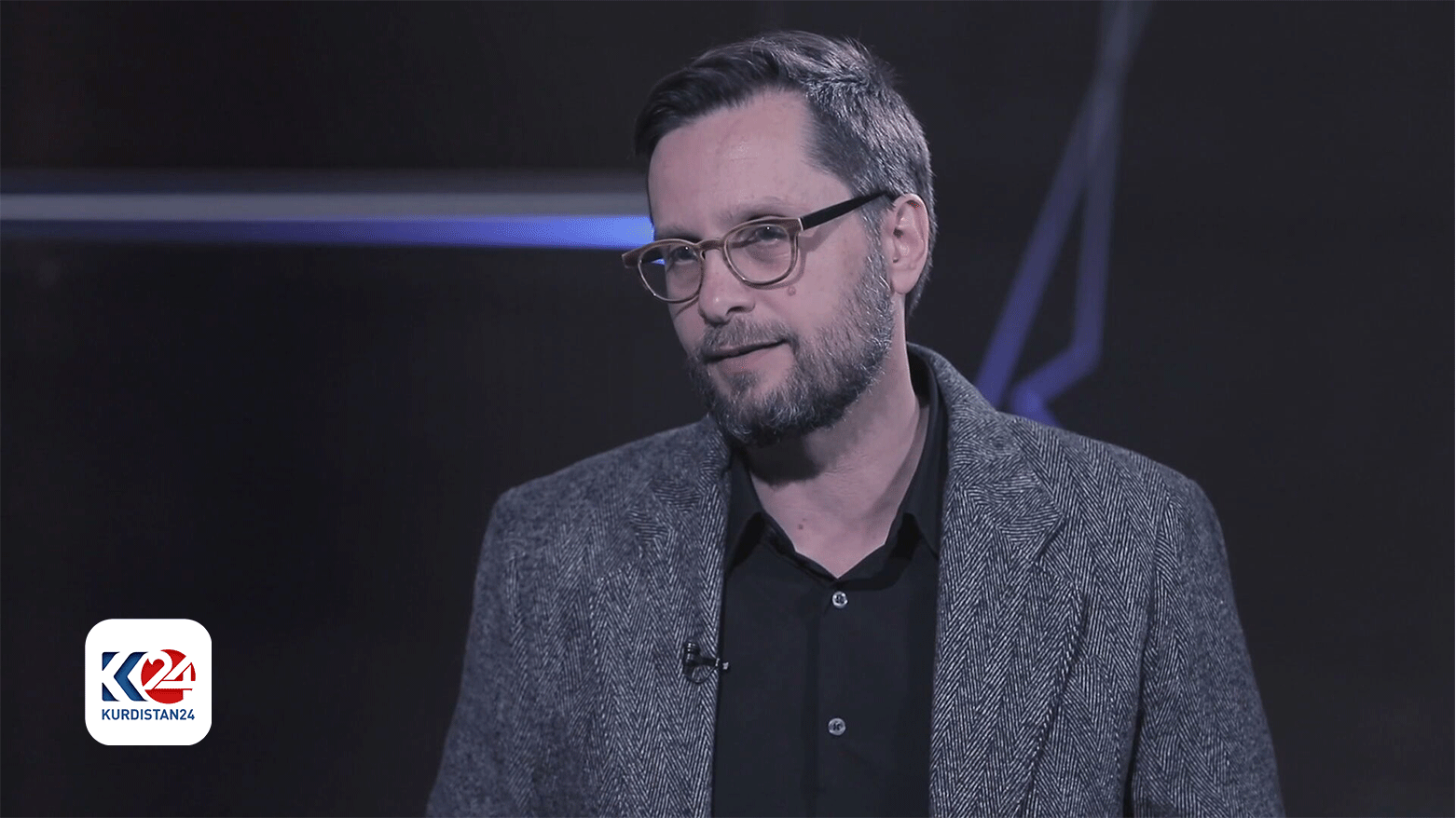Kurdistan Region hosts nearly 250,000 refugees, reveals UNHCR representative
Concerning the number of refugees in the Kurdistan Region, Beuze revealed that the Region hosts some 250,000 refugees.

ERBIL (Kurdistan 24) – Jean-Nicolas Beuze, the representative of the United Nations High Commissioner for Refugees (UNHCR) in Iraq, in an exclusive interview with Kurdistan 24 reaffirmed the UNHCR’s support to the Kurdistan Region.
Concerning the number of refugees in the Kurdistan Region, Beuze revealed that the Region hosts some 250,000 refugees, “mainly from northeast Syria but also a few from Turkey and Iran. All of them are of Kurdish origin.”
“In addition, we have some 30,000 refugees who are living mainly in Baghdad, Nineveh, and Anbar provinces that are mainly from Syria. There are also some 10,000 Palestinian refugees who came to the country a generation ago,” the UNHCR representative added.
He also stated that there are approximately 400,000 internally displaced persons (IDPs) in the Kurdistan Region, and “170,000 are still living in camps in a very dire situation.”
Regarding the Sinjar Agreement, Beuze said that as a result of the lack of the accord’s implementation, there are about “300,000 Yezidis that are unable to return to Sinjar because they don’t feel safe, and there’s not a single authority in Sinjar, as well as a lack of public services and job opportunities.”
Reaffirming UNHCR’s support to the Kurdistan Region he stressed that they want to “draw the attention of the international community, mainly the US.”
Despite Beuze’s claim of 400,000 IDPs, the Kurdistan Regional Government’s (KRG) Joint Crisis Coordination Center (JCC) in May reported that there were over 650,000 Iraqi IDPs. It is unclear whether the discrepancy in 250,000 IDPs from the two sources is caused by these IDPs returning to their places of origin.
The JCC’s report added that only 30% of the IDPs and refugees live in allotted camps, while the remainder have settled in the cities.
Earlier in May, KRG Minister of Interior Reber Ahmed said that despite Iraq’s “enormous budget,” Baghdad has not fulfilled its duties with regard to refugees and IDPs.
The hosting of IDPs and refugees has been a contentious issue between Erbil and Baghdad, with the latter accusing Erbil of using the crisis for political purposes, a charge Erbil vehemently denies.